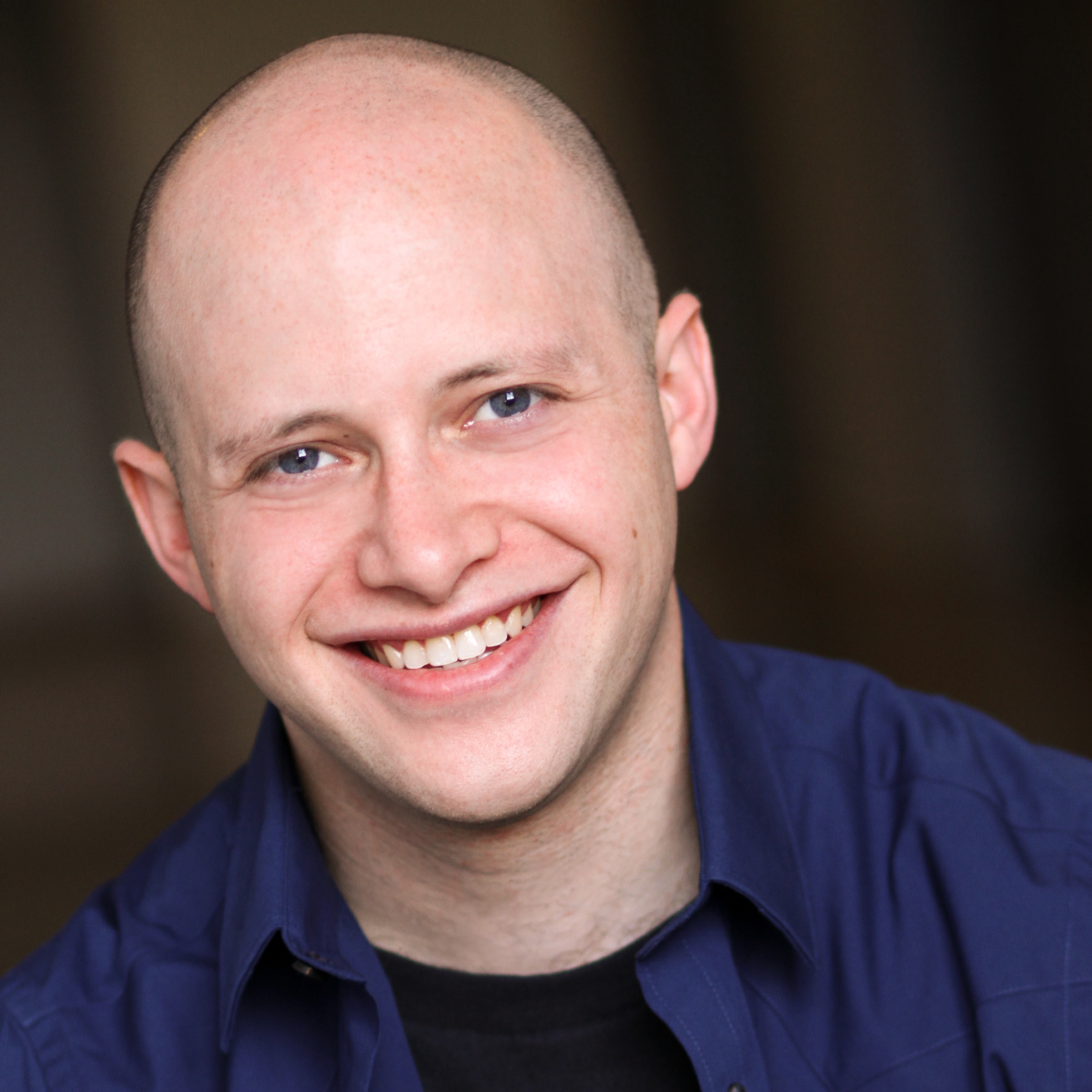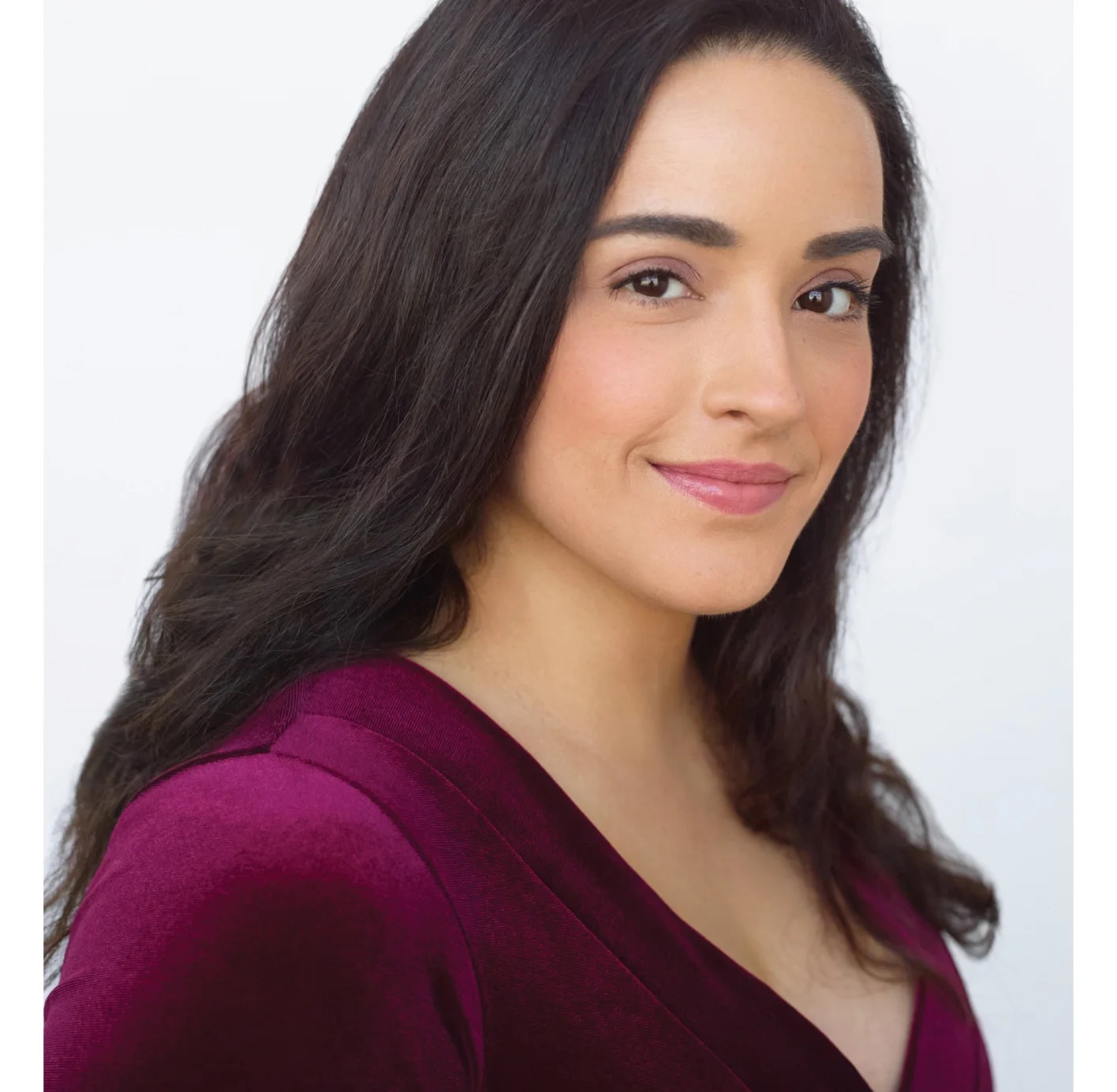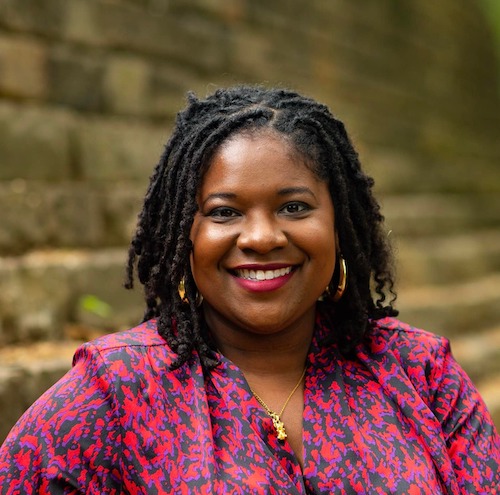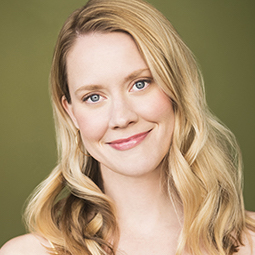For over 50 years, Michigan State University’s Department of Theatre has offered an MFA in Acting, preparing students for careers as professional actors and educators. This fully-funded three-year program has a unique focus on the synergistic relationship between artist and educator. The faculty of working artists and scholars provides extensive performance opportunities and rigorous training in acting, voice, and movement, alongside closely mentored opportunities to develop skills and credentials as university teachers.


- Duration: This three-year program admits only one class at a time. Our next class begins in the fall of 2028. The recruitment process begins at the end of 2027.
- Funding: Students receive valuable financial support for all three years, including a full tuition waiver ($56,200 approximate total value), premium health insurance, dental coverage, competitive stipend ($21,000/year estimated, based on previous years), and funding opportunities for summer professional development, conference travel, or education abroad.
- Philosophy: Growth as artist and educator go hand-in-hand; each supports and enlivens the other.
- Actor: Three years of individualized and challenging advanced actor training, including multiple levels of movement, acting, and voice, with special topics such as accents, acting for the camera, voiceovers, stage combat, green screen, motion capture, and improvisation. Audition for our vibrant multi-tiered department season, Williamston Theatre (our local AEA partner), and Summer Circle Theatre.
- Educator: Explore topics in performance pedagogy and receive close mentorship and career guidance by a guidance committee. Opportunities to expand your CV by working as TA, solo instructor, and designer of your own course.
- Specialize: Select opportunities for in-depth specialization through electives, artistic roles, and mentorship. Recent examples have included intimacy direction, stage combat, voice and speech, theatre for young audiences, directing, singing, and theatre for students with cognitive disabilities.
- Credentials: Students may choose to earn credentials such as a Graduate Certificate in College Teaching, Arts and Cultural Management, Community Engagement, Learning Design, Online Teaching and Learning, Film Studies, and Digital Media.
- Facilities: Perform in a 3,100-seat concert auditorium, a 600-seat thrust, a 450-seat proscenium, a 200-seat arena, a 150-seat endstage, a 100-seat studio, or MSU’s popular outdoor 400+ seat Summer Circle amphitheater.
- The Spartan Experience: At one of the world’s leading research universities, you’ll have access to life-changing opportunities, powerful resources, and a supportive, inclusive community6
60 credits total, including all of the following:
THR 801 Practicum: Acting (18 credits)
THR 804 Practicum: Voice (6 credits)
THR 805 Practicum: Movement (6 credits)
THR 830 Introduction to Graduate Studies (3 credits)
THR 831 Studies in Theatre History (3 credits)
THR 832 Comparative Drama and Criticism (3 credits)
THR 834 Professional Aspects (2 credits)
THR 841 Advanced Directing Practices (3 credits)
THR 870 Collaborative Studio in Theatre (3 credits)
THR 894* Special Projects in Theatre (6 credits)
Electives approved by the student’s guidance committee: (7 credits)
*Students must enroll in 1 credit increments for Theatre 894. Each credit is associated with one of six major performance projects. Students must participate in production activities during each semester of enrollment in the program. All MFA students must complete at least six required performance credits to receive the degree.
Students may wish to examine both internal certificate programs, such as the College Certificate in Teaching, as well as external certifications in various performance pedagogies to attain credentials and deeper mastery in subjects related to the student’s specialization. MSU certificate programs may use the elective credits within the student’s required 60 credits. A student may also seek funding (support from the Graduate School, the Graduate Employees Union, the Council of Graduate Students, or the Department) to complete external certifications.
A major capstone project must be completed in the MFA Actor’s final year of study, including research, performance, documentation, and self-reflection. The guidelines for these projects are developed in concert with the student, the Graduate Guidance Committee, and the Graduate Acting Program Director.
All casting is competitive and not guaranteed. MFA Actors are required to audition for every mainstage production and must complete one performance project every semester. If an MFA actor is not cast, an alternate project will be assigned.
The faculty are experienced educators, scholars, and active practitioners. Click here to read their bios: https://theatre.msu.edu/faculty-and-staff/. Additionally, students have the opportunity to study with notable guest artists.
At Michigan State University, we believe our differences are assets. We foster a community that respects and values a broad range of backgrounds, viewpoints, and experiences and encourages and creates opportunities so all Spartans can reach their full potential educationally and professionally. As a department, we aim to reflect these values, to support and empower our students, and to be proactive agents of change through our curricula, season selection, play commissions, casting, recruitment, outreach, and other practices. Click here to learn more about Inclusive Excellence and Impact at MSU.
Graduates of this program are working professionals in all areas of arts and education. Often, their careers span both areas. Performers have been seen on numerous stages, including Barrington Stage, Second Stage Theatre, Michigan Shakespeare Festival, and Broadway national tours. We have graduates with impressive credits on screen who live in Atlanta, Los Angeles, New York, and Chicago and actors who work from home, sustaining prolific careers in voiceover performance.
Our graduates are teaching at diverse theatre programs at all levels, including University of Illinois Urbana-Champaign, Alma College, Central Washington University, William and Mary College, Saint Louis University of Madrid, Jacksonville State University, Southeast Missouri State University, Rochester Institute of Technology, Clayton State University, San Joaquin Delta College, University of North Georgia, Moravian Academy, Pennsylvania Youth Theatre, Roosevelt University’s Chicago College of Performing Arts, Pellissippi State, Michigan State University, and The Pembroke School.
Several of our graduates also work in other creative areas of the entertainment industry, including professional fight directors, intimacy directors, writers for stage and screen, directors, producers, agents for film and television, casting directors, a co-founder and executive director of an AEA theatre, owner of a voice studio, arts integration consultant, drama therapy, and management.
The next round of auditions will occur in January of 2028. Please check back here in October of 2027 for details. Admission is only granted after an audition and interview. Please don’t apply to the graduate school until instructed to do so.
Criteria:
- Successful applicants will generally have interest and experience as both actors and educators and should be able to demonstrate the capacity for teaching excellence and the desire to develop as educators as well as actors.
- Most candidates will have an undergraduate degree in theatre of at least 24 credits. However, in some cases, professional experience or alternative study will be provisionally accepted.
- Applicants must have completed a Bachelor’s degree or the international equivalent degree (as determined by MSU’s Graduate School) from an accredited university by the time of enrollment. A transcript will be required before offers are finalized.
- The GRE is not required, and while the program has no minimum GPA, successful applicants typically have a minimum of 3.0.
- While not a requirement, successful candidates typically will have spent some time working professionally after completing their undergraduate degree.
- English language proficiency for international teaching assistants is required and may be demonstrated in multiple ways.
How to Apply:
There are two ways to apply. MSU is a member of the University/Resident Theatre Association (URTA) and will attend all of their auditions in January 2028. If you prefer not to participate in URTA, you may also apply directly to the program using instructions that will be provided in fall of 2027. If attending URTA auditions, please follow the audition guidelines in their Candidate Handbook.
URTA:
URTA registration typically begins begin in mid-September and may be done at their website. Auditions are usually held on the east coast, west coast, and in Chicago: https://urta.com/EVENTS-HUB/
Non-URTA:
We also invite non-URTA applicants. There is no fee to audition on campus or virtually.
Your submission will be reviewed by the faculty. Select applicants will be invited to additional interviews and callbacks. .
Upon receiving an offer from the Department of Theatre, prospective students may complete the process by applying to the MSU Graduate School. There will be no fee to apply. Instructions will be provided in fall of 2026.
Please e-mail any questions to Alexis Black.
Can I visit campus?
Absolutely! Tours of the Department of Theatre may be scheduled by e-mailing Alexis Black. In-person and virtual tours of the university’s campus may be arranged here: https://admissions.msu.edu/visit.
What professional development support is available?
Students in the program may use a one-time $4,500 summer support fellowship to pay for professional development, such as conference travel, certifications external to MSU, or research travel. Other department and university opportunities for academic year funding are available competitively by application.
Will I have to pay to apply?
Those auditioning through URTA must follow URTA’s registration guidelines. Those auditioning directly for MSU will not be required to pay a fee. Please do not apply to the Graduate School until you’ve received an invitation from the Department of Theatre. At that time, we will waive the university’s application fee.
What other parameters can you provide for the monologue part of the audition?
Contrasting can mean text from two different eras, comedic and dramatic, or simply monologues that show off your different strengths. We usually suggest that you avoid using accents during your audition. Present characters that are somewhat close to your own age. When filming, we suggest a medium shot or medium close-up, so that we can clearly see your face. Please also try to film in a well-lit and quiet location.
Can I study musical theatre here?
Musical theatre is not part of the core curriculum, but there are opportunities to gain more experience in this area. In the recent past, MFA students have taken private voice lessons, elective dance classes, received mentorship from faculty as they serve as choreographers or directors, and used summer support funding to pursue training external to MSU.
Can I study to be a playwright here?
Writing is not part of the curriculum. Our department engages in the development of new works and there may be opportunities to take electives in this area or to find an appropriate mentor. Opportunities in this area would be student-driven.
Do I have to live near MSU during the degree program?
Yes. Residency is required.
Can I finish this program in 2 years?
This program is designed for 3 consecutive years.
What kind of acting/voice/movement/etc. do you teach?
The faculty within the acting area are very eclectic in our approaches. We value variety, as it gives students multiple ways to access texts and various tools to aid their own students. The acting progression spans classical to contemporary scene study, beginning with the basics of the Stanislavski System and Second City Improvisation techniques and advancing to approaches influenced by Michael Chekhov, Uta Hagen, Sanford Meisner, and the psychology-informed pedagogy of Rob Roznowski. The voice and speech progression is informed by Knight-Thompson Speechwork, Estill Voice Training, and Fitzmaurice Voicework. Movement includes Margolis Method, Viewpoints, mask work, stage combat, intimacy training, and Michael Chekhov Physical Acting. Actors can apply their work in advanced classes that include voiceovers, acting for the camera, green screen acting, and motion capture.
Can I continue to work professionally while I earn my MFA?
We encourage our students to stay professionally engaged, and short-term professional engagements are possible. However, long-term professional engagements cannot be accommodated.
What is the GEU?
Graduate Students have the option of joining the Graduate Employee’s Union, which works for safe, equitable, and just working conditions for graduate students.
What other certificates are possible?
- Graduate Certificate in College Teaching
- Graduate Certificate in Arts and Cultural Management
- Graduate Certificate in Community Engagement
- Graduate Certificate in Educational Psychology
- Graduate Certificate in Educational Technology
- Graduate Certificate in Film Studies
- Graduate Certificate in Global Studies in the Arts and Humanities
- Graduate Certificate in Indigenous Studies
- Graduate Certificate in Learning Design
- Graduate Certificate in Learning Design Leadership
- Graduate Certificate in Learning Sciences
- Graduate Certificate in Nonprofit Leadership, Global Cultures, and Social Enterprise
- Graduate Certificate in Online Teaching and Learning
- Graduate Certificate in Teacher Leadership
- Graduate Certificate in Teaching and Learning in Postsecondary Education
- Graduate Certificate in Urban Education
- Graduate Certificate in Digital Media
Is there a study abroad program?
MSU offers programs in nearly 60 countries. MFA Actors have recently participated in the Department of Theatre’s summer in London program, “Exploring British Theatre.”
Spotlight: Class of 2015




Spotlight: Class of 2018







